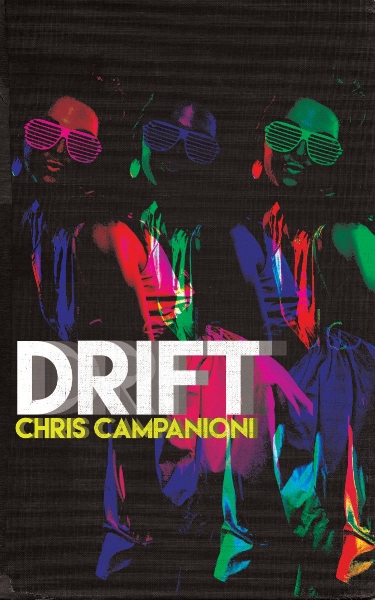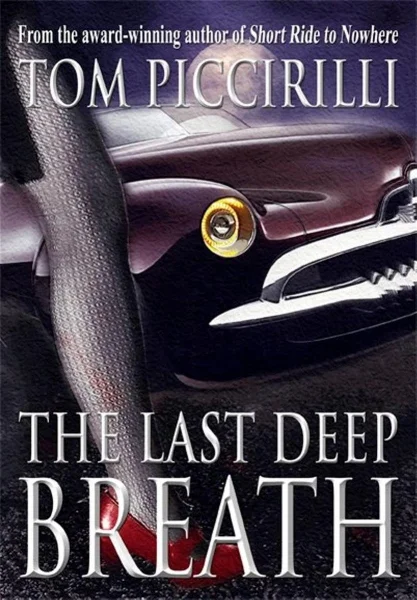Notable Reads of 2018
Each year I read an ungodly amount of books (77 in 2018), but I reward only 20: the Best Reads and the Notable Reads of the past year. I’m not a particularly difficult audience, but it’s important for me to single out the books I’ve enjoyed the most. It’s not mandatory that they were published in 2018, for as long as I’ve read them then. Because readers don’t always acquire books on their publishing year, but are always on the lookout for recommendations, am I right?
The Notable Reads are the book that were not quite the best, but almost. I cut them off last from the Best Reads list, but they were too good not to mention. The latter will come exactly one week from today. They’re perhaps not even better than these, I’ve just liked them more. So, without further do… Dead End Follies’ Notable Reads of 2018.
For its brilliant reappropriation of depression-era novels and subversion of post-apocalyptic fiction tropes.
The Lonely Witness, by William Boyle
For its striking portrayal of solitude, all the imaginary worlds it can spawn and how it all intertwines with reality.
A Ticket to the Boneyard, by Lawrence Block
For creating an antagonist that lives through and beyond the page without even needing to be present and realistic portrait of the psychological damage violence can create.
For its DeLillo’esque unpredictability and the sharpness of its observations on the nature of reality.
Coyote Songs, by Gabino Iglesias
For its polyphonic creativity and uncompromising vision of a place that is both real and metaphorical for migrants.
For the originality of its formula-breaking observation on genre literature and the joy & enthusiasm for reading fiction that it communicates.
The Last Deep Breath, by Tom Piccirilli
For carrying the smoldering intensity, though-provoking style and all-around of its author like he was still with us.
Tragedy Queens: Stories Inspired by Lana Del Rey & Sylvia Plath
For democratizing complex and nuanced worlds to unsuspecting readership.
For being that novel where the city is the main character and portraying its resounding complexities in a way that it still pertinent close to 50 years later.
Miami Blues, by Charles Willeford
For its bold, crass sense of humor and its commanding storytelling presence.
















